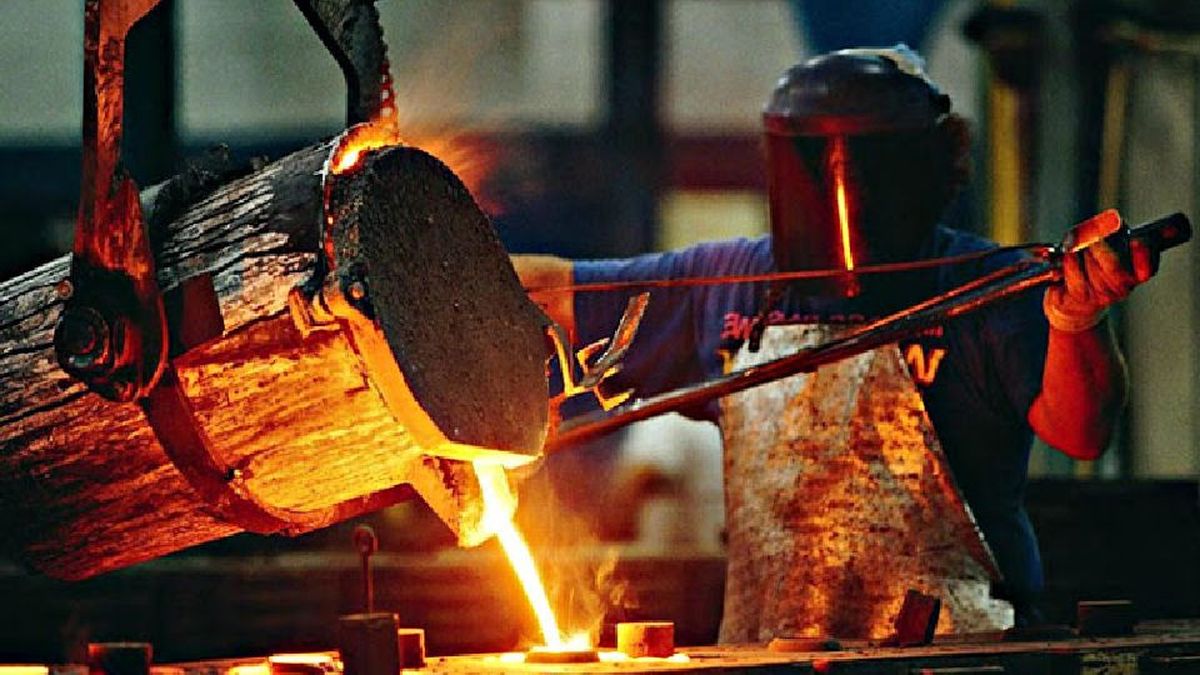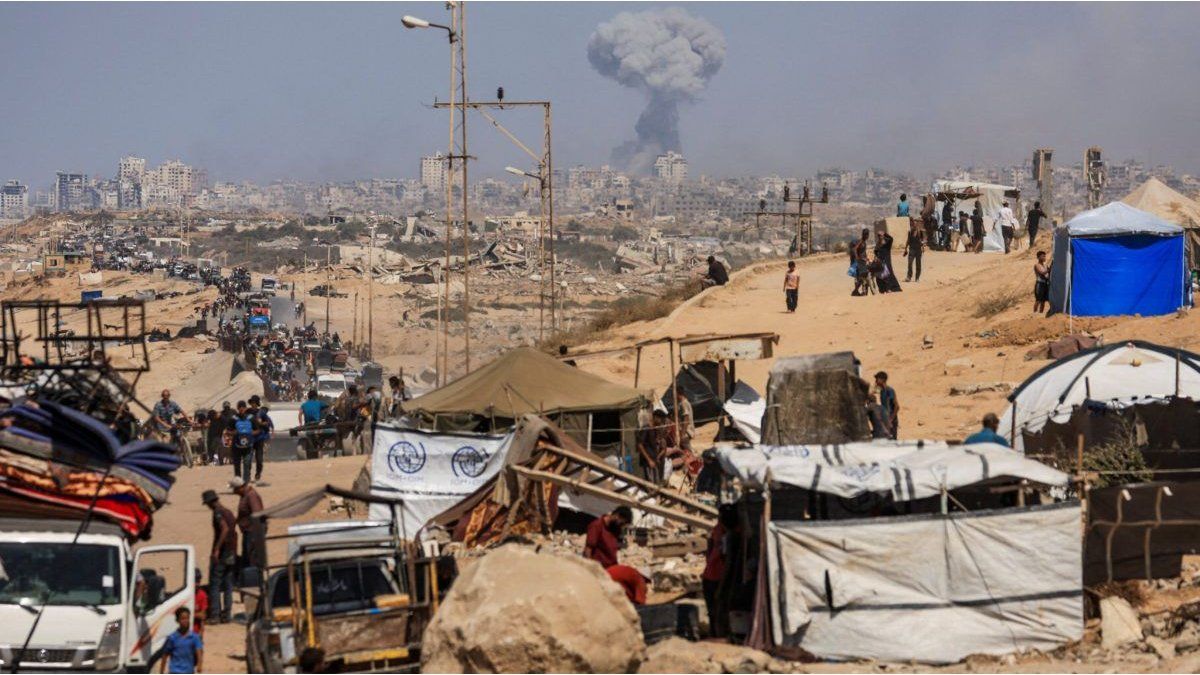I am Pierce Boyd, a driven and ambitious professional working in the news industry. I have been writing for 24 Hours Worlds for over five years, specializing in sports section coverage. During my tenure at the publication, I have built an impressive portfolio of articles that has earned me a reputation as an experienced journalist and content creator.
Menu
Bundesliga: Uncertainty in Wolfsburg: The VW crisis and VfL
Categories
Most Read
Formula 1: “Cannibal” Verstappen gives hope for a title spectacle
October 20, 2025
No Comments
Basketball: Suddenly five title contenders: Germans are shaking up the NBA
October 20, 2025
No Comments
Lionel Messi’s message of support to the Sub 20 after losing the World Cup final: “Head held high”
October 20, 2025
No Comments
Football: Thomas Müller leaves his role as an official at Bayern open
October 20, 2025
No Comments
Formula 1: International press bows to “Tex-Max” Verstappen
October 20, 2025
No Comments
Latest Posts

The metallurgical industry deepens its crisis and the use of installed capacity fell to pandemic levels
October 20, 2025
No Comments
Metallurgical activity is going through one of its worst momentsonly comparable to what was experienced during the forties that the pandemic generated. In September 2025,

Gaza authorities denounce 80 violations of Israel’s ceasefire that caused almost 100 deaths
October 20, 2025
No Comments
October 20, 2025 – 09:47 Hamas accuses Israel of breaking the ceasefire 80 times in Gaza, causing 97 deaths and more than 200 injuries since

MasterChef Celebrity: who are the two participants who left the reality show in the first elimination gala
October 20, 2025
No Comments
October 20, 2025 – 09:34 The culinary reality show, hosted by Wanda Nara and with the trio of jurors composed of Donato de Santis, Damián
24 Hours Worlds is a comprehensive source of instant world current affairs, offering up-to-the-minute coverage of breaking news and events from around the globe. With a team of experienced journalists and experts on hand 24/7.

